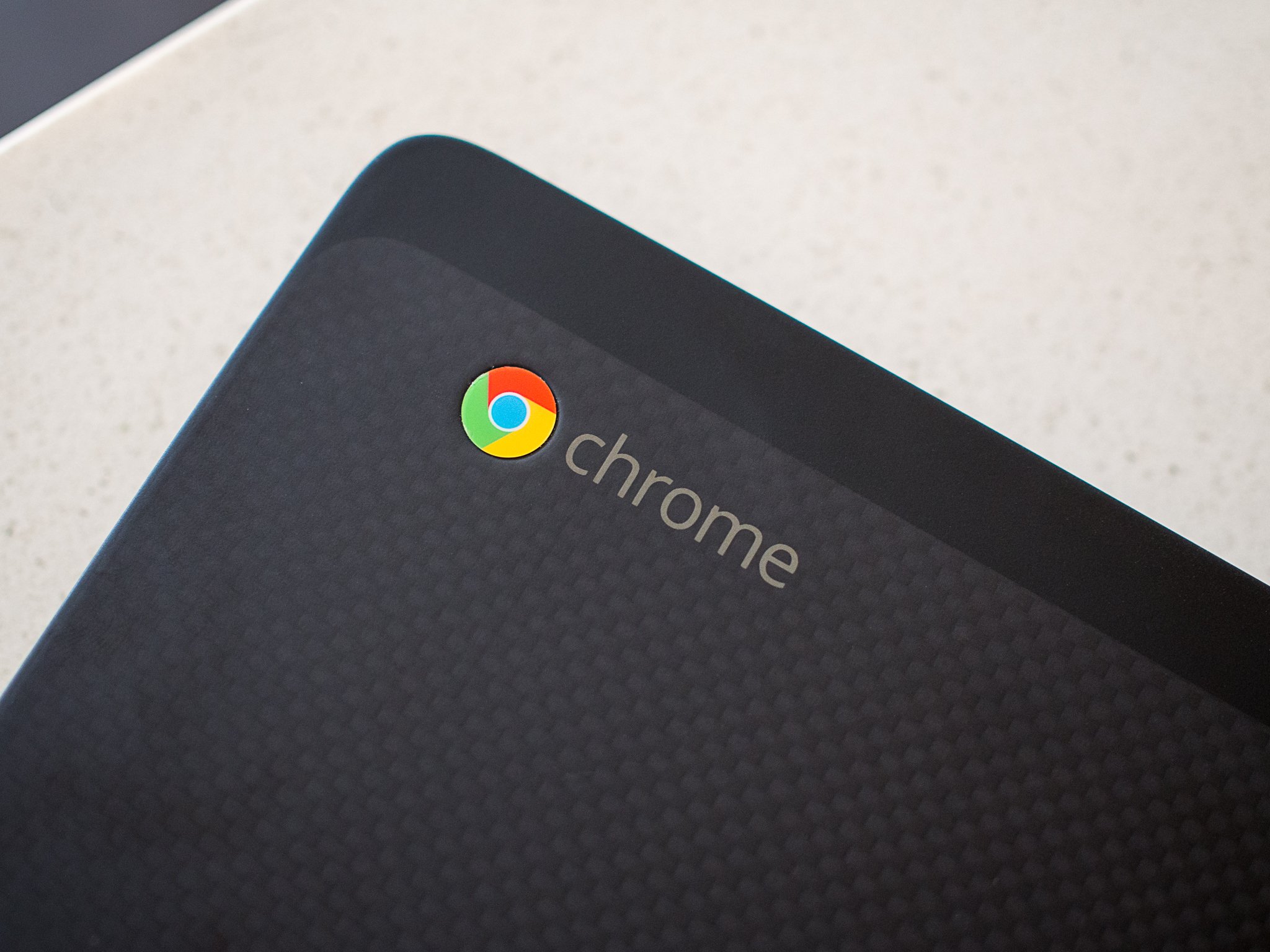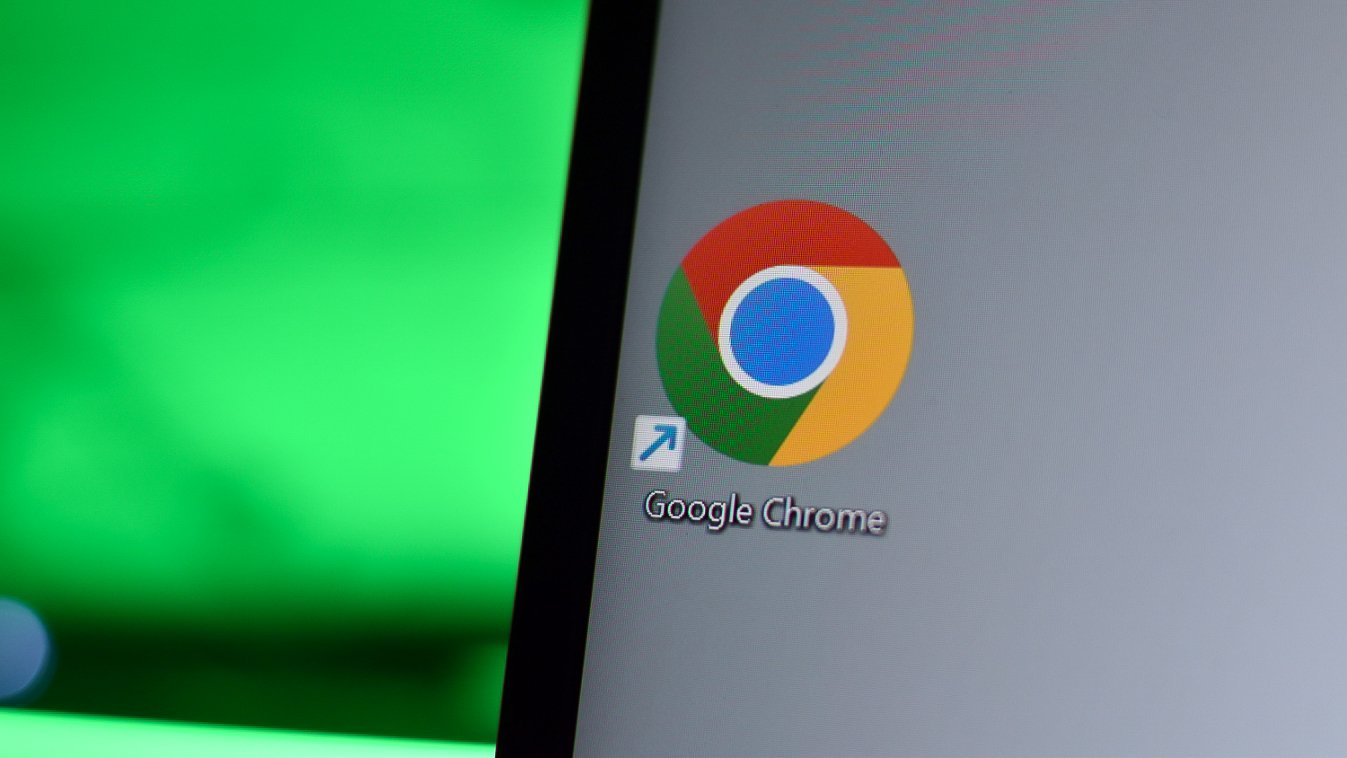Google pledges not to build backdoors in FLoC but not everyone's convinced

Get the latest news from Android Central, your trusted companion in the world of Android
You are now subscribed
Your newsletter sign-up was successful
What you need to know
- Google VP Jerry Dischler has stated that the company doe not plan to build backdoors in FLoC.
- Google will abide by the same Privacy Sandbox standards as other ad agencies.
- Some are not convinced, including other browsers critical of Google's new technology.
Google has been trying to convince ad tech companies that it will follow its own Privacy Sandbox initiative, which the company recently echoed at a marketing event. Google VP Jerry Dischler stated that the company will abide by its own FLoC technology and won't build a backdoor to give itself an advantage.
We'll be using these [Privacy Sandbox] APIs for our own ads and measurement products just like everyone else, and we will not build any backdoors for ourselves.
The statement, as reported by DigiDay, can be seen as Google playing damage control as the industry criticizes the company's move to replace browser cookies.
Google touts the initiative as a way to help preserve user privacy while giving advertisers similar results to third-party cookies. Instead of using individual IDs to identify and track users, the Federated Learning of Cohorts (FLoC) intends to group users together based on browsing habits. According to Google, "individual users are indistinguishable within a single cohort."
Meanwhile, ad companies have not taken lightly to the new approach, as it could give Google more control over online ads or give itself the upper hand by sidestepping its own Privacy Sandbox initiative. The company is already facing a massive multi-state lawsuit claiming that Google holds an unfair monopoly over ads on the internet, which only adds to the growing trust issues towards Google and FLoC.
When speaking to Android Central, Google reaffirmed its position said that it has "publicly committed to not building any alternate identifiers to track individuals as they browse across the web."
However, others are not convinced that the technology is the best option to replace cookies. Several companies behind some of the best Android browsers have already blocked the new technology and have since reaffirmed their positions.
DuckDuckGo was one of the companies that openly spoke out against FLoC. A spokesperson told Android Central that this doesn't change anything. "FLoC is still bad for privacy and this announcement doesn't make any changes to how much data Google will collect about its users."
Get the latest news from Android Central, your trusted companion in the world of Android
Peter Snyder, a senior privacy researcher at Brave, said that not building a backdoor "does not make FLoC less harmful for the Web" and that the Brave has not changed its stance regarding the technology. "FLoC tells first-party web sites with which you have identifying accounts new information about you in particular (while also telling any third parties embedded in those sites)." Snyder states that Google's words should be taken with a grain of salt "given its track record in exploiting user privacy for its bottom line."
Vivaldi tells Android Central that the technology "does not need any 'back doors' in order to be harmful" and that it maintains its stance that "browsers should not profile users."
Despite the setbacks, Google remains committed to the initiative in hopes of getting rid of online cookies, which can be seen as invasive. However, the company will have to work harder to convince ad companies, consumers, and even other web browsers that FLoC is a viable substitute.
FLoC is enabled by default for anyone using the Chrome browser. For anyone who does not wish to partake in the initial testing, we can walk you through how to block Google's FLoC web tracking.
Have you listened to this week's Android Central Podcast?

Every week, the Android Central Podcast brings you the latest tech news, analysis and hot takes, with familiar co-hosts and special guests.

Derrek is the managing editor of Android Central, helping to guide the site's editorial content and direction to reach and resonate with readers, old and new, who are just as passionate about tech as we are. He's been obsessed with mobile technology since he was 12, when he discovered the Nokia N90, and his love of flip phones and new form factors continues to this day. As a fitness enthusiast, he has always been curious about the intersection of tech and fitness. When he's not working, he's probably working out.
